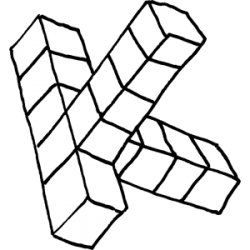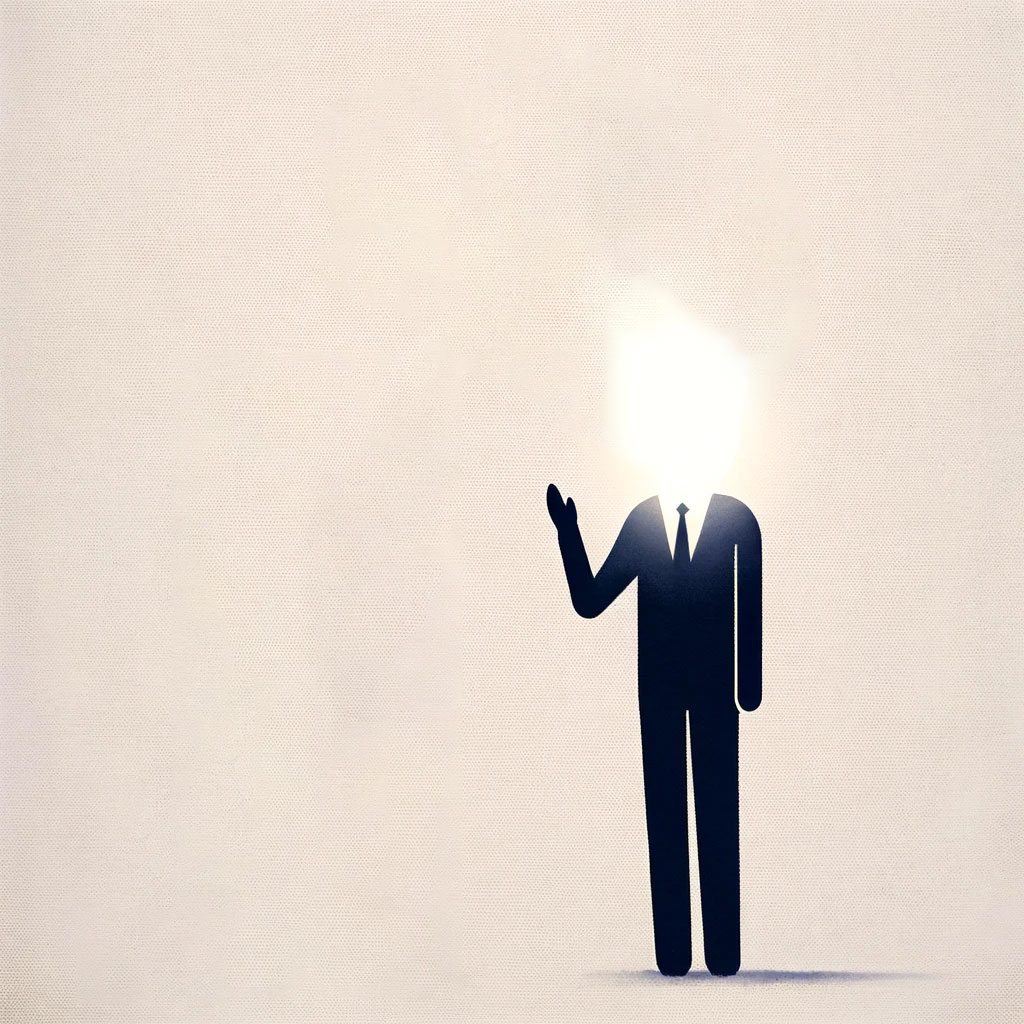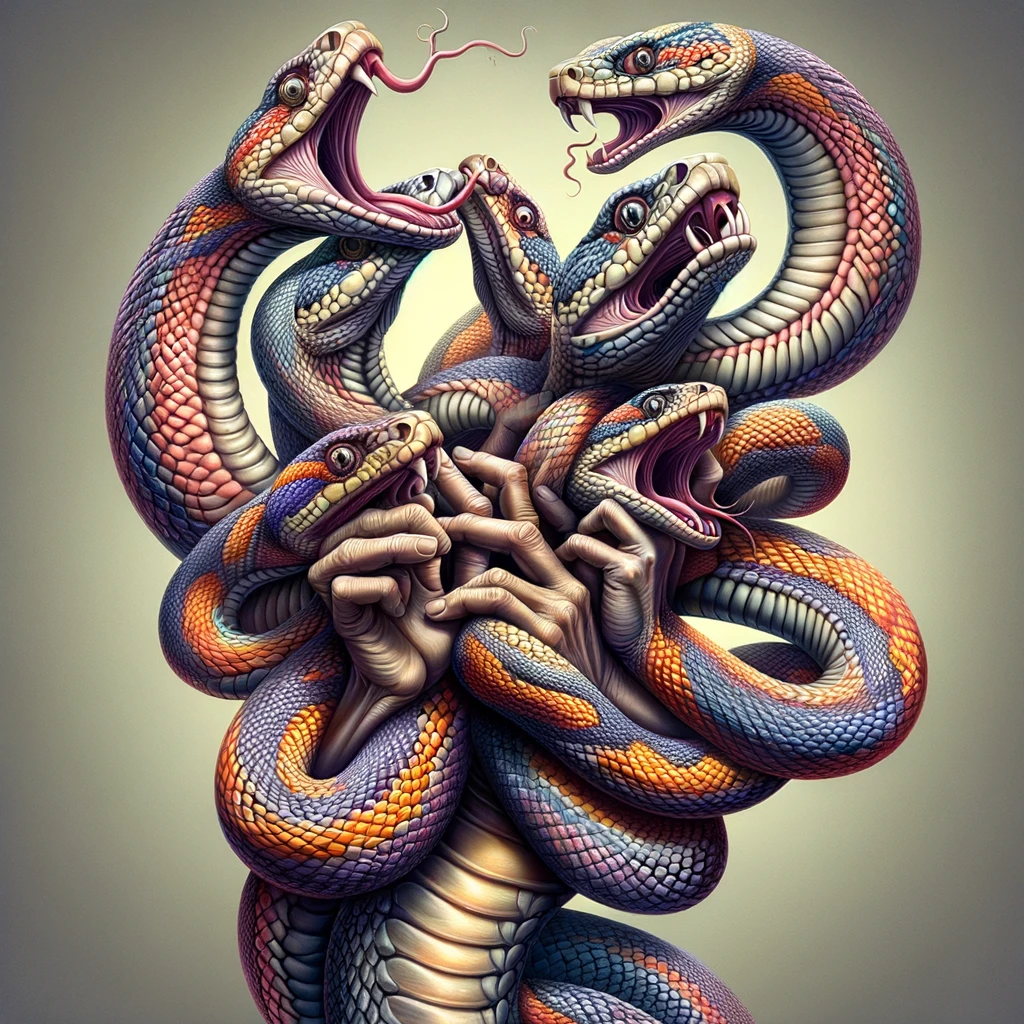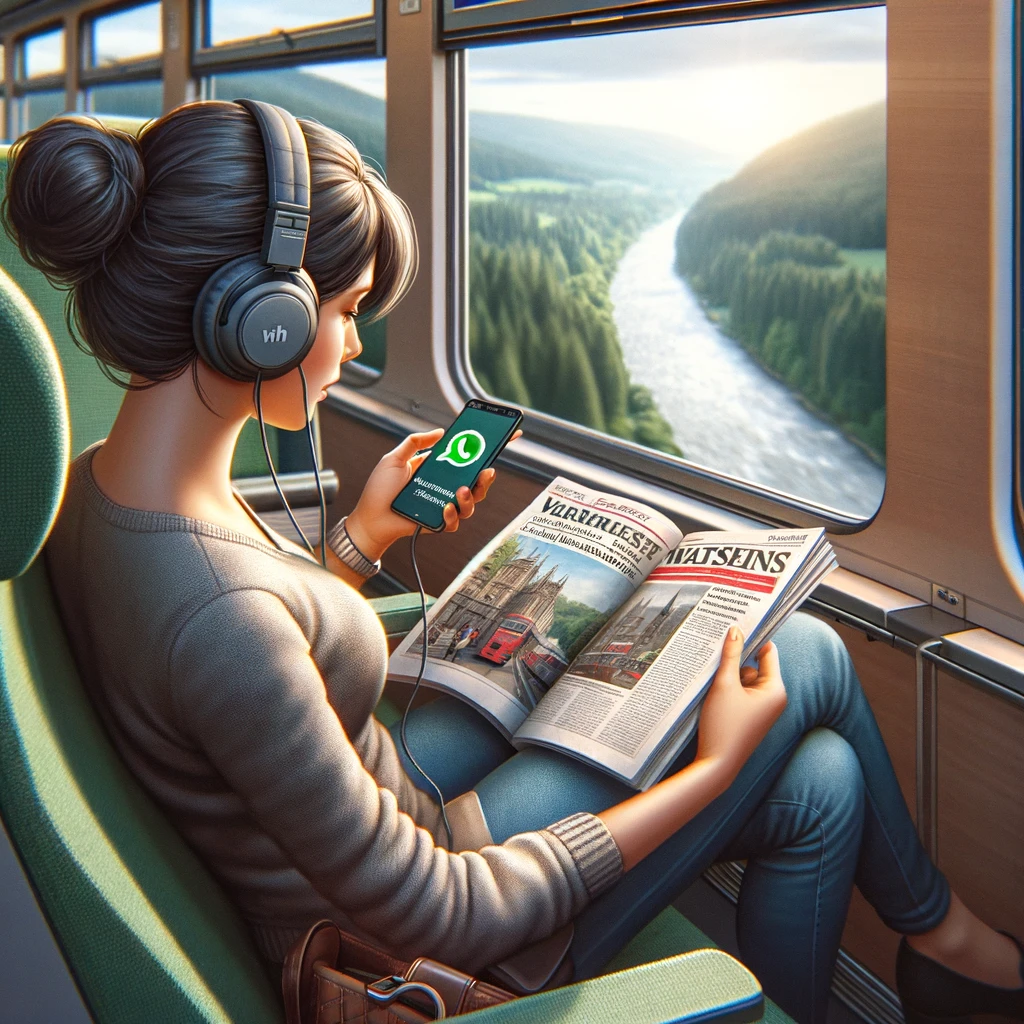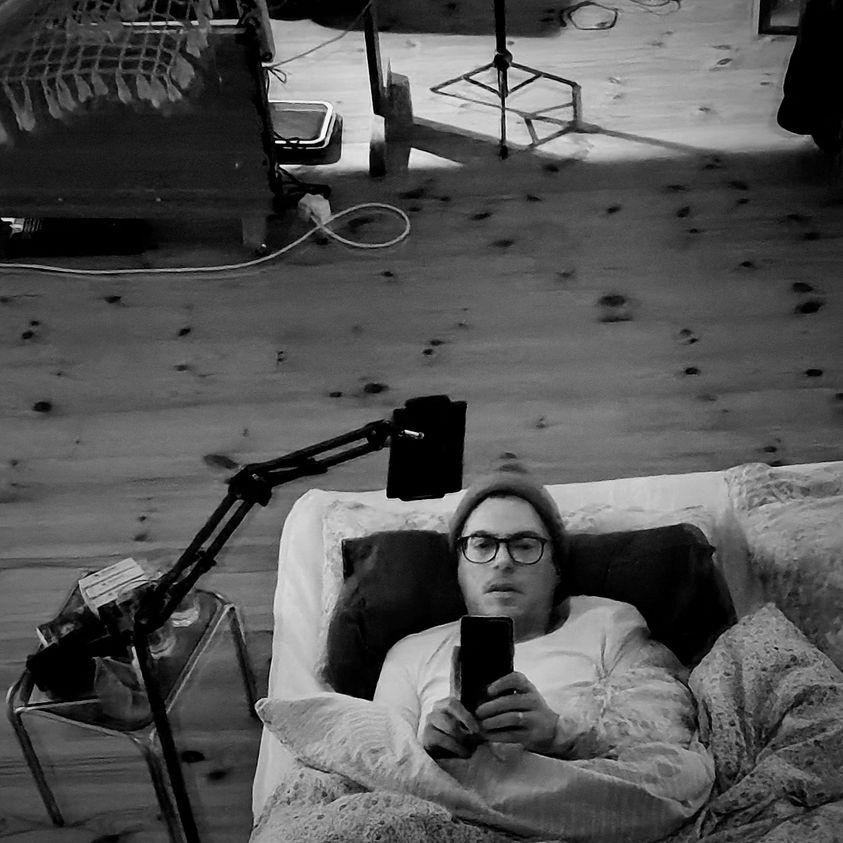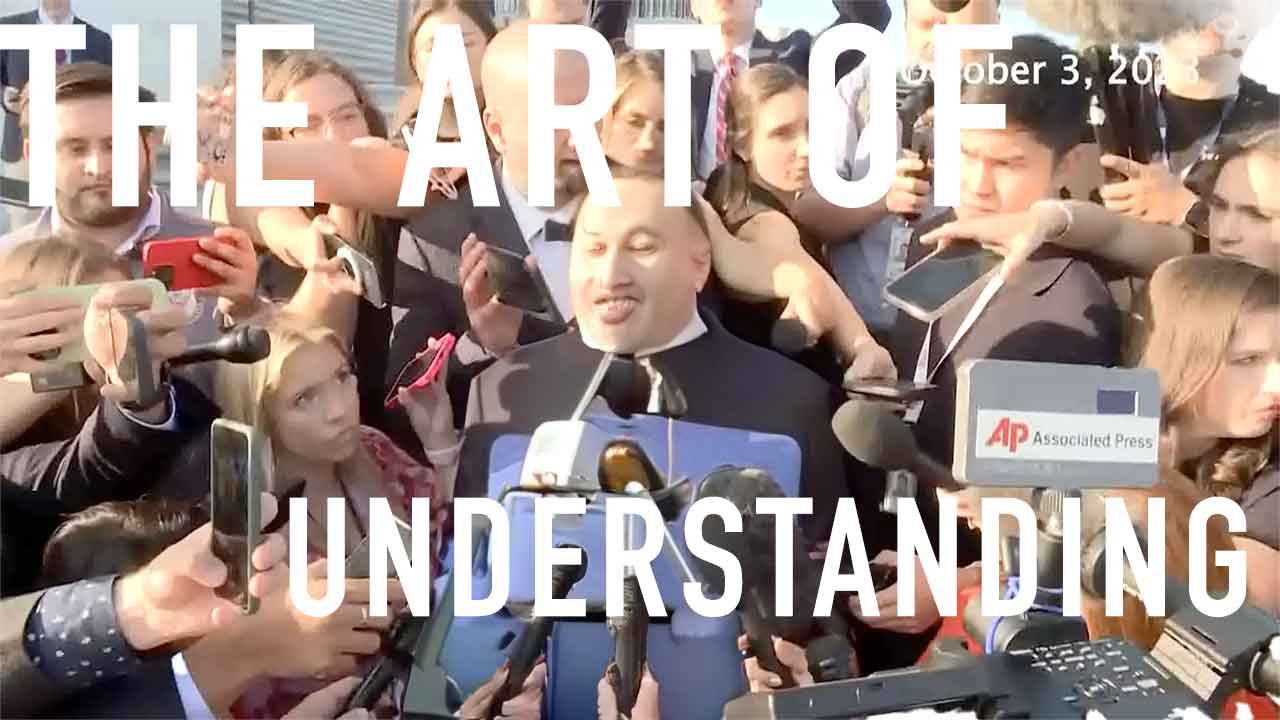The system makes it possible to fall in love with a spirit. With someone’s mind without relating to the body.
I met a friend today. The friend told me about his life in an online system. About the friendships he has found there and what goes beyond friendships. He described a system, a society in which people meet who have a similar views of the world, similar dreams and fantasies. They follow similar paths to get closer to happiness or at least contentment. Those online people give themselves avatars that they choose themselves, that they design themselves according to their wishes and ideas.
Strict rules apply in the system, every now and then people disappear, sometimes because they have died in “real life”, more often they have been banished from the system. The rules give the system structure, a framework that holds it together as a system and prevents it from falling apart again, from dissolving back into its component parts. The individuals within the system are aware of the system and adhere to the rules. Everyone knows that anyone who does not abide by the rules runs the risk of being banished. Being banned means no longer being part of the system. In this sense, it is a free decision to submit to the rules of the system or not. There are many other systems, systems that function according to different rules. Everyone is free to choose a system. But there is no system without rules.

